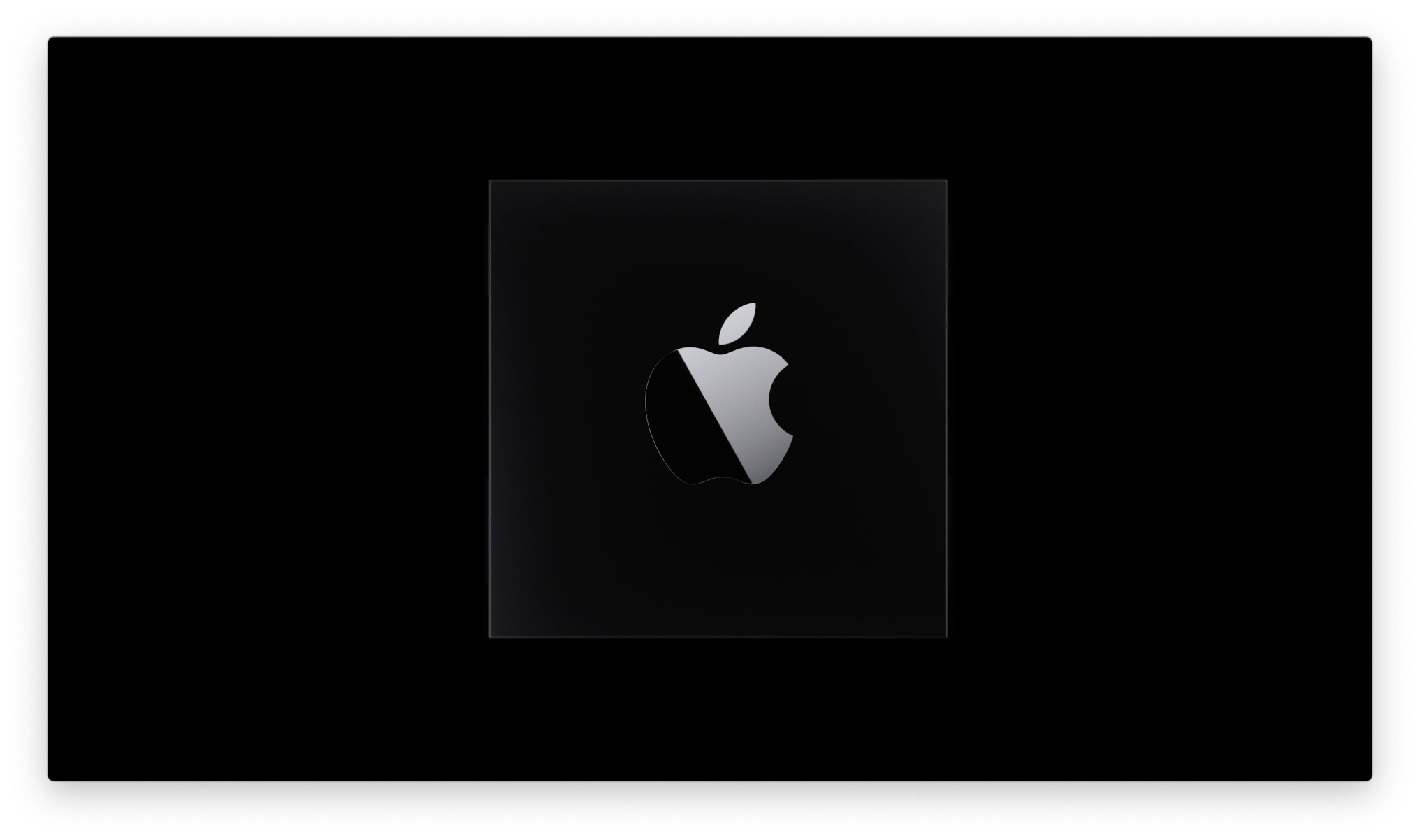Why is Apple going to sell both an Intel Mac and Apple silicon Mac? Should you buy an Intel Mac?

In the coming months, things could get confusing on the Mac front. Perhaps on the same day that Apple releases the first of its custom-made silicon-based Macs, it's also likely to reveal new Macs with tried-and-true Intel processors inside. Dualing devices are expected to be the norm for Mac buying at least for the next two years. After that, Apple silicon will replace Intel across all devices.
As a would-be Mac buyer for the next few years, what path should you take? Do you stick with Intel or become a first adopter of Apple silicon? Or maybe you should hold off and not buy a new Mac until there are only Apple silicon models? The decision won't be an easy one and won't be the same for every buyer. Perhaps the question that deserves the most attention is why Apple would introduce new Intel-based Macs when Silicon is the path forward?
There are many reasons Apple won't exclusively embrace custom-made silicon this year or next. Most of these come down to three words: It's not ready. Or rather, it's not yet optimal for all types of Macs. Additionally, there's a definite learning curve that third-party developers must tackle, or else those sparkly new computers won't work with software not already created by Apple.
Other Apple silicon reads
- 13.3-inch MacBook Pro with Apple silicon to enter production Q4 2020
- The Mac is moving to Apple silicon — not ARM
- Making the Apple silicon Mac ... multitouch
- Apple silicon (probably) won't lower the price of future MacBook Pros
- Apple silicon Macs will continue to support Thunderbolt
- Former Intel engineer says Skylake caused Apple to switch to Apple Silicon
- Apple silicon ARM Mac transition: Everything you need to know
Hardware
As Rene Ritchie recently noted on his blog, not everyone with a need for a new Mac wants to spend the time using Rev A-boards. Instead, they simply want to perform the tasks their job requires as they always have. It's this reason alone I expect the first Apple silicon Macs to avoid those devices most purchased by professionals. Think of an Apple silicon-based MacBook Air or 13-inch MacBook Pro, not an iMac Pro or souped-up 16-inch MacBook Pro.
And yet, it would be wrong to assume those first Apple silicon-based Macs are merely devices just one or two steps away from beta status. The MacBook Air, for example, has traditionally been an excellent choice for students and anyone else looking to perform less intensive tasks such as writing, photo-editing, and surfing the web. Any Apple silicon-based MacBook Air will perform those same tasks as effectively as the current Intel model, or else Apple won't release them.
Software
Perhaps the biggest reason Intel-based Macs remain in Apple's pipeline is that developers need a chance to catch up and pivot to the new hardware. For the cleanest path forward, Apple offers Rosetta 2 and Universal Binaries 2. Both tools will make the transition possible in the fewest steps. However, not everyone has the resources to make the switch as quickly as others. Giving developers more time with eventually force their hand or let the market bring new solutions to the table.
About Windows
Some Mac users laugh at the thought of running Windows on Apple computers. And yet, countless users have done so for many years because of work requirements or other factors. At this point, Apple has no plans to carry over Basecamp to Apple silicon-based Macs, and third-party solutions like Parallels won't support it. And yet, if there remains a market for running Windows on Macs, the necessary changes will be made for it to happen with Apple silicon. In the meantime, there needs to be a transaction for users, developers, and yes, Microsoft, to get on the same page to make it happen. In the interim, a few new Intel-based Macs are necessary.
Master your iPhone in minutes
iMore offers spot-on advice and guidance from our team of experts, with decades of Apple device experience to lean on. Learn more with iMore!
Should You Buy?
In recent weeks, I've often been asked whether now is a good time to buy a Mac, especially with silicon's upcoming arrival. If you need a new computer, anytime is a good time. However, if you can wait, at least do so until all of Apple's cards are on the table for 2020.
Last month, Apple CEO Tim Cook said at least one Apple silicon-based Mac would arrive before the end of the year. Wait until it, and the rest of the company's 2020 Mac lineup gets a launch date before making a move. No doubt, in doing so, you'll make a better-informed decision.

Bryan M. Wolfe has written about technology for over a decade on various websites, including TechRadar, AppAdvice, and many more. Before this, he worked in the technology field across different industries, including healthcare and education. He’s currently iMore’s lead on all things Mac and macOS, although he also loves covering iPhone, iPad, and Apple Watch. Bryan enjoys watching his favorite sports teams, traveling, and driving around his teenage daughter to her latest stage show, audition, or school event in his spare time. He also keeps busy walking his black and white cocker spaniel, Izzy, and trying new coffees and liquid grapes.
